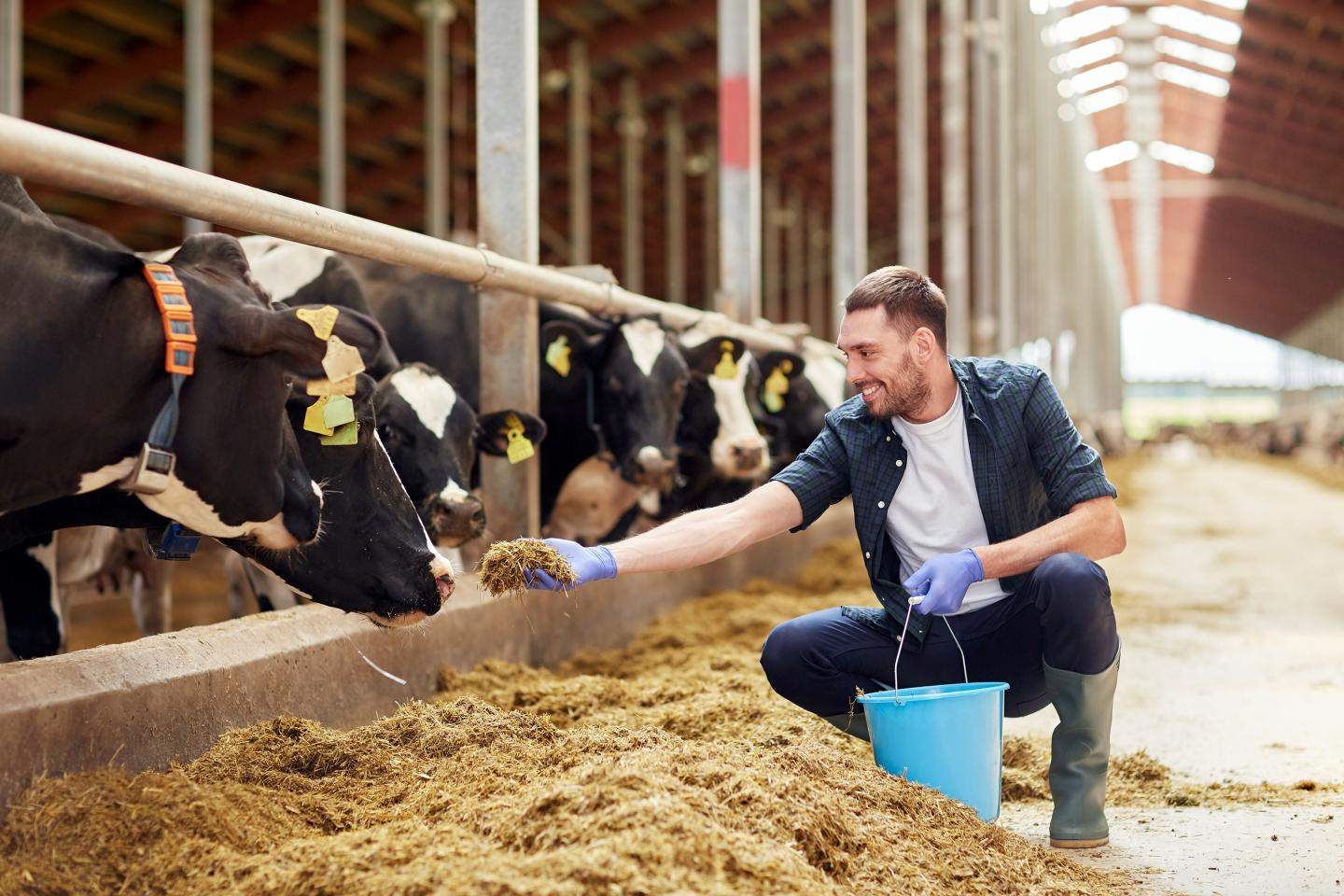The Netherlands currently has a nitrogen problem: too much nitrogen deposits in nature reserves. This has a negative effect on our nature, health and food production. The agricultural sector is responsible for almost half of the total nitrogen emissions in the Netherlands. Magnesium salt offers a solution to reduce agricultural emissions. This offers opportunities to preserve agriculture in the Netherlands as much as possible.

Numerous innovations are emerging in the Netherlands that can meet climate challenges. There are also solutions that can reduce nitrogen emissions on the farm. Think of low-emission stable floors or injecting manure into the land instead of onto the land. A relatively new application is the addition of magnesium salt to liquid manure, to bind phosphate and nitrogen, among other things. As a result, the nitrogen is released into the air to a lesser extent.
Lab results show that adding magnesium salt to manure can reduce nitrogen emissions by as much as 25% to 40%. Nedmag and partner Farmin, together with the provinces of Drenthe, Friesland and Groningen, have started a project to further investigate and draw attention to this innovation. In an article in Nieuwe Oogst, Agriculture Commissioner Henk Jumelet states that innovative solutions are needed to avoid the expropriation scenario.
Roel Visser, nitrogen policy advisor at LTO Noord, is also positive about the approach. According to Visser, in this way the northern provinces adopt a proactive attitude to the nitrogen problem.
The practical test will take place from September this year on experimental farms of the Dairy Campus in Leeuwarden.
Sources: